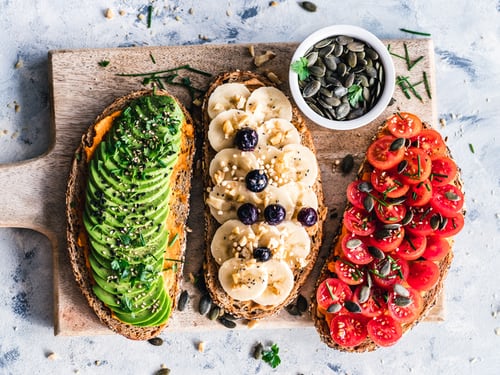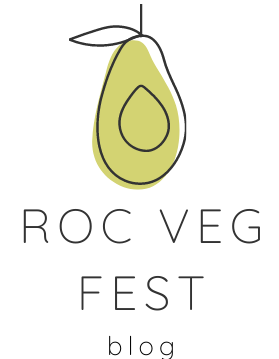Vegetarianism is a diet that ensures very good health when its basic principles are followed. Many people are unable to avoid deficiencies in the vegetarian diet due to lack of knowledge. In the rest of this article we will talk about how to avoid deficiencies when you are a vegetarian.
Deficiencies suffered by vegetarians
The most common deficiencies suffered by vegetarians are protein deficiencies, omega fatty acid deficiencies and iron and zinc deficiencies. Firstly, protein is essential for the growth and development of the body. Not eating foods rich in animal proteins creates a void in vegetarians. Secondly, there are vitamin deficiencies. Vitamins De and B12 are very present in animal products. They not only strengthen the skin, but also the immune system. Thus, a pure vegetarian will have some problems related to vitamins D and B12 since he does not consume animal products. It should be noted that vegetarians also have deficiencies of iron and zinc which are not negligible. This sometimes even leads to repeated anaemia, which can lead to other health problems.
What to do to prevent these deficiencies

Preventing deficiencies when you are a vegetarian means knowing the composition of each food. To be able to balance your diet, you must first know what has been taken away and what could fill the gap. When you are a vegetarian, it is advisable to consume legumes as well as vegetables which are rich in vegetable proteins, omega fatty acids as well as vitamin B12 and D. You should also consume milk products to balance your diet. Dairy products are essential for good growth in vegetarians. However, you should be careful with this consumption, as you can create other health problems if you over-consume these dairy products. It is also possible to use food supplements to strengthen your diet without going against your dietary principles.

